Loveseat
October 31st, 201710/31/2017 Bricks and balconies It's cooler (at least for a while): 50s at night, 60s during the days. Maybe this year we will actually have a winter; we really didn't last year.
October 27th, 201710/27/2017 I started this blog nearly five years ago—and sometimes in the midst of the chaos of our world, I wonder why I continue with it. But last night, I heard something that sounded appropriate: Some one said, when a computer pauses, it goes to sleep; when a human being pauses, he or she wakes up. That's what I am trying to encourage here with images and words: a pause from the usual noise and a waking up—waking up to what is really here right in front of us, not what advertisers and politicians and ideologues would cloud our vision with, but what is here to be seen, if we will but wake up.
October 23rd, 201710/23/2017 Finally, a cool down: down to the 60s at night, high 70s to low 80s during the days. Fall has definitely now made an appearance.
Thoreau: "We shall see but little way if we require to understand what we see. How few things can a man measure with the tape of his understanding! How many greater things might he be seeing in the meanwhile! October 21st, 201710/21/2017 Nathan Wirth: "When I photograph a rock in the sea, I am, of course, photographing a rock in the sea . . . But there are other possibilities to consider, such as mood, contemplation, presence, or, in my case, silence and solitude and this wonder of the marvelous fact that things exist . . . I am after that silence, after that solitude, after that cataloguing of the wonder that the rock even exists in the first place (or the sea that it rests in, or the sky above it, or the tides that undulate in and out, out and in)."
October 19th, 201710/19/2017 Nathan Wirth: "I wish to photograph silence . . . I am specifically trying to capture that silence that resides in the cracks and crevices of our daily lives, in the folds of the constant noise that permeates every corner of the world we live in . . . I am archiving slices of silence."
October 17th, 201710/17/2017 "after the publication of Descartes' Meditations . . . material reality came to be commonly spoken of as a strictly mechanical realm, as a determinate structure whose laws of operation could be discerned only via mathematical analysis . . . Descartes laid the foundation for the construction of the objective . . . sciences . . .Yet these sciences consistently overlook our ordinary, everyday experience of the world around us . . . The everyday world in which we hunger and make love is hardly the mathematically determined 'object' toward which the scientists direct themselves . . . the world in which we find ourselves before we set out to calculate and measure it is not an inert or mechanical object but a living field, an open and dynamic landscape subject to its own moods and metamorphoses (italics added here)."
For me, the image above is one which makes clear what Abrams is saying. Two further comments: this distinction between an "objective" mathematical world and the living field within which we always already come to consciousness is one that eventually led me to dissatisfaction when I was studying scientific biology. And it is my response to what someone once told me: he only saw in the world the beauty that science revealed. To which I can only reply, look again. Carefully (i.e., not curslily) looking at the image above (i.e., reflecting on, letting it come fully awake in you), and one comes to see a great deal more than what physics, chemistry or biology tells us about it. October 14th, 201710/14/2017 "The Tint I cannot take—is best--
The fine—impalpable Array-- That swaggers the eye The eager look—on Landscapes-- As if they repressed Some Secret . . . " Emily Dickinson October 07th, 201710/7/2017 Seeking knowledge, everyday we add more and more; seeking wisdom, everyday we take away more and more: so says the Dao De Jing. That little book also suggests that the fewer things we have, the more peace we will find. Such ideas run contrary to our culture's central beliefs and values. And yet, I find it to be true that I find more peace on a beach, just gazing at the sea than in the hubbub of the city . . .
October 04th, 201710/4/2017 No image today; I need to change how I see the world around me or need to see a different part of that world. Santa Fe would have helped, and so would have Key West. Unfortunately, both of those journeys were cancelled. So I am at the usual place: looking out my window or walking by the bay or gulf: while I can often see something there to reflect on in an image, recently my vision of them has grown cold. I've looked back through earlier work, but that all feels stale and cold to me too. I don't know when I will awaken from this "visual slumber."
Meanwhile, I have found a piece of prose that seems to me to be one way to move beyond what I wrote yesterday. It is probably only part of an answer to my question there, but it seems right to me as a part of a path forward. Andrew Harvey wrote: "there was an exhibition of Japanese and Chinese paintings by Buddhist masters . . .of which I can remember only one painting. It was of a butterfly about to alight on an open flower . . . I realised that what moved me was not merely the dazzling and delicate artistry of the work, but the attitude of clear joy, of tender, precise and unselfconscious wonder at things . . ." (italics added) It's that last part that sometimes resonates so strongly with me as I roam through the inanity and insanity of our time. An attitude of joy and unselfconscious wonder at things (while perhaps and particularly difficult to know in this time and place) can awaken hope—something we always need in one way or another. And it usually takes quiet and solitude to see and feel what Harvey wrote about here. More I cannot wish us all. October 03rd, 201710/3/2017 It has been a terrible, even catastrophic summer in so many ways. Now we will hear the same old platitudes and the absurd claims repeated again and again and as usual nothing will get done (or what is done will only make things worse). An editorial this morning asked, if Sandy Hook (the killing of children) couldn't rouse politicians to some small act of common sense morality, what will? But we know the answer to that. Apparently, nothing. Here in Florida, the government plunges ever downward in its attempt to reach its own levels of insanity, indifference to human life and welfare and sheer brutality, turning us into the wild, wild West once again. How does one, how do we act in the face of such rampant ignorance and hate?
Categories |
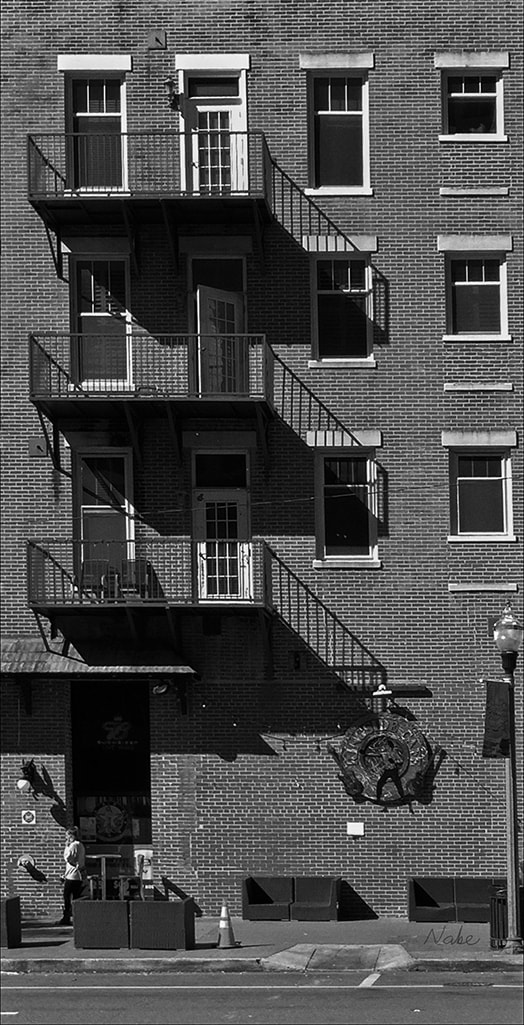
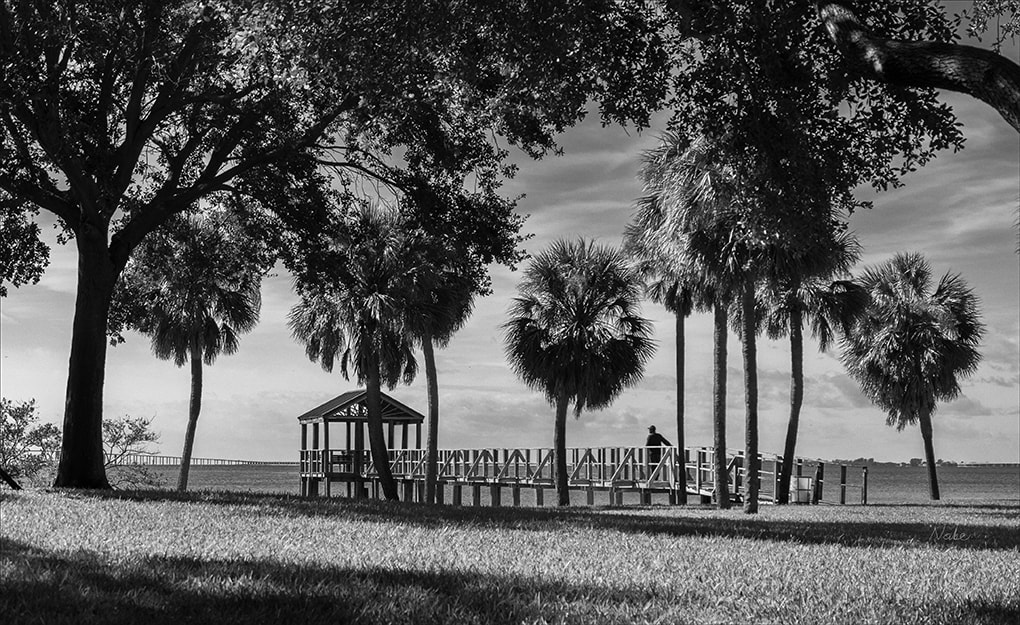
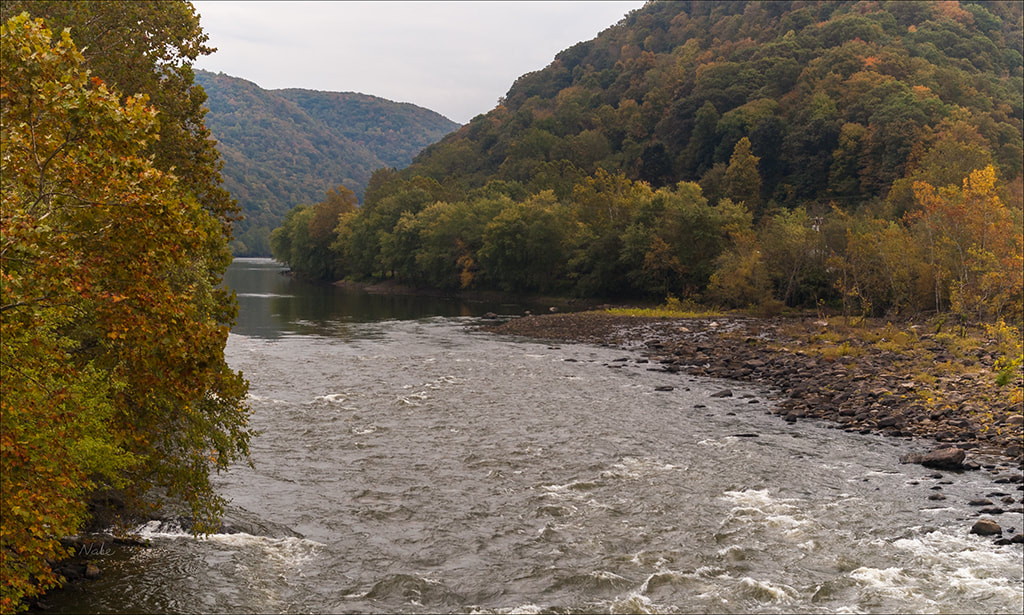
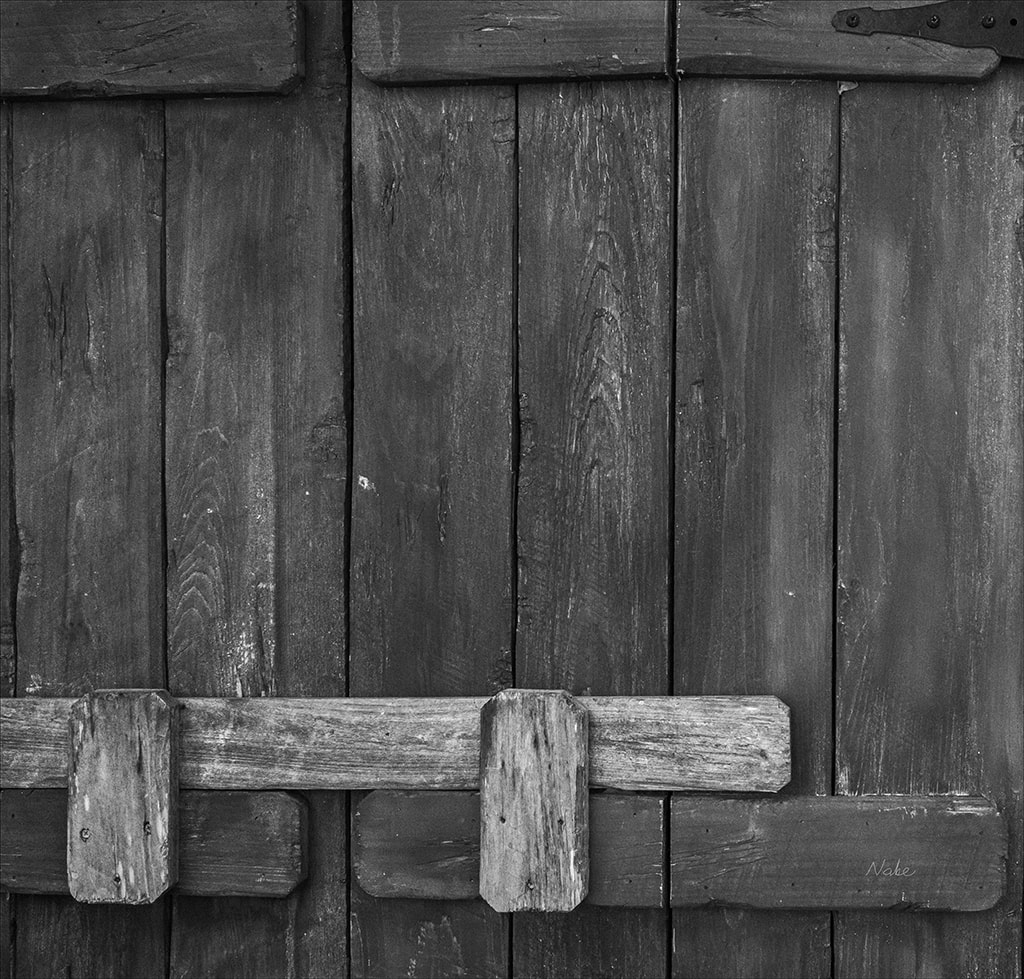
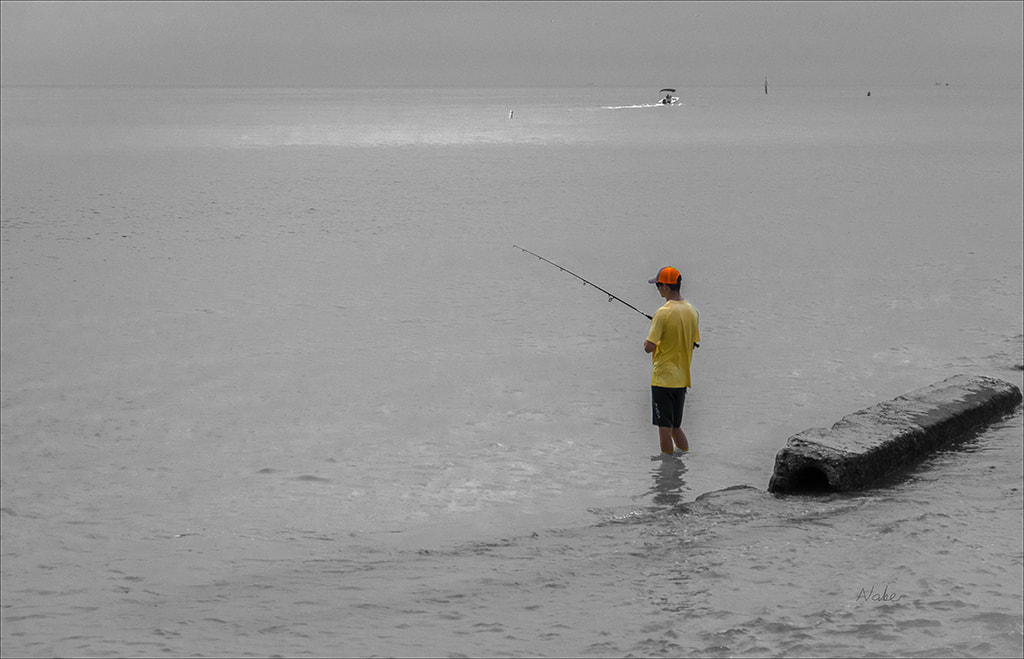
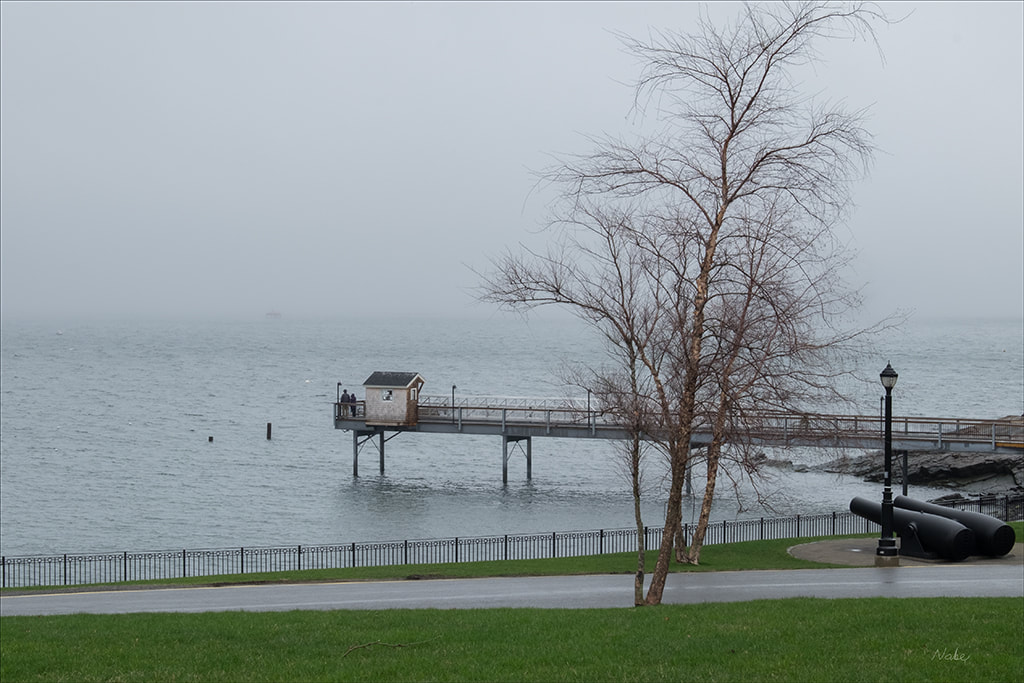
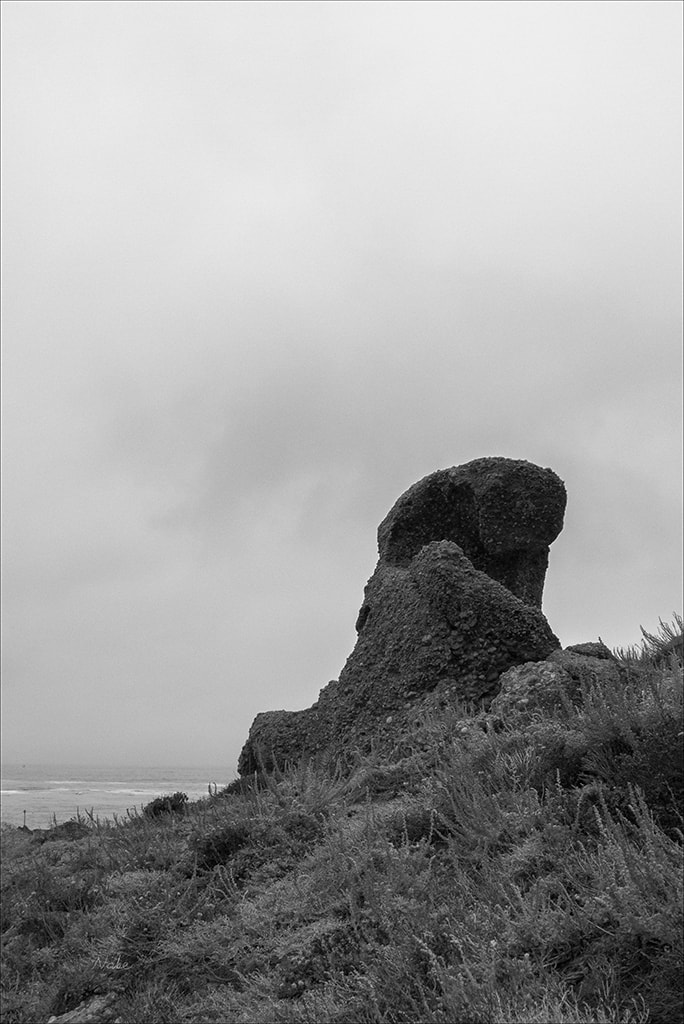
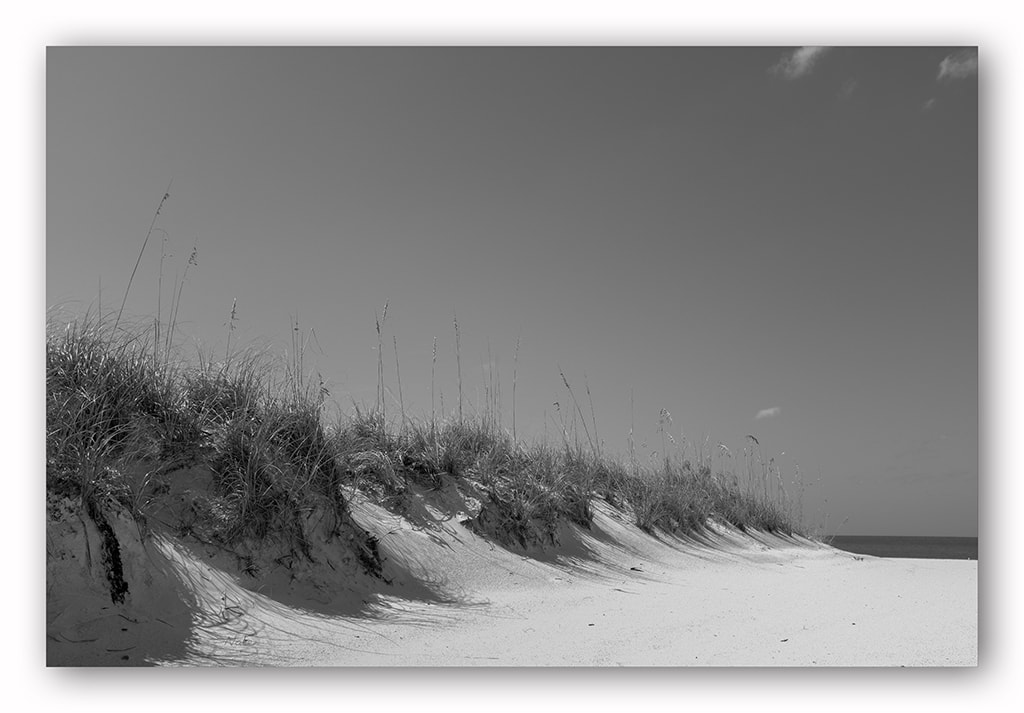
 RSS Feed
RSS Feed